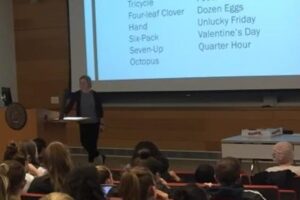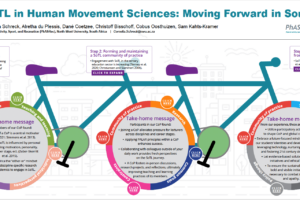
POSTER | Journal Club: An Innovative Teaching Practice to Foster Peer Connection and Enhance Information Literacy Skills
Post-secondary educators help students develop foundational skills needed for academic
and career success. This includes fostering the information literacy (IL) skills, such as
critical reading, evidence gathering, and knowledge synthesis, needed for students to
participate in scholarly and disciplinary conversations. Most post-secondary educators are
not IL experts, and often partner with subject librarians in developing effective IL teaching
strategies for their classrooms.
We are two nursing instructors and a librarian specialist at a western Canadian university
who set out to develop a teaching intervention that would contribute to greater student
retention and self-efficacy with IL concepts. We wondered:
– How might we collaboratively integrate IL skills and knowledge in a disciplinary,
course-based context?
– How would scaffolding IL learning throughout a course better develop student IL
knowledge and self-efficacy?
We created a teaching strategy called “Journal Club” for a foundational first year nursing
course. Within the discipline of nursing, journal clubs are an education strategy sometimes
used in professional settings. Participating nurses select, read, and collectively discuss
recent articles published in their field in an effort to maintain awareness of published
evidence and to advance the evidence base of their nursing practice. This gave us the idea
of integrating a course-based journal club to scaffold IL learning, during a four month
academic term, within a foundational first-year course. This poster, presented at ISSOTL
2022, provides a visualization of how the journal club was scaffolded.
Our findings showed a statistically significant improvement of students’ self-efficacy with IL
skills from pre- to post- journal club. Students reported that this strategy gave them skills
they will continue to use. We believe this strategy may be used in other contexts and can
also be adapted to other disciplines. Check out our poster as this strategy might work for
you!




